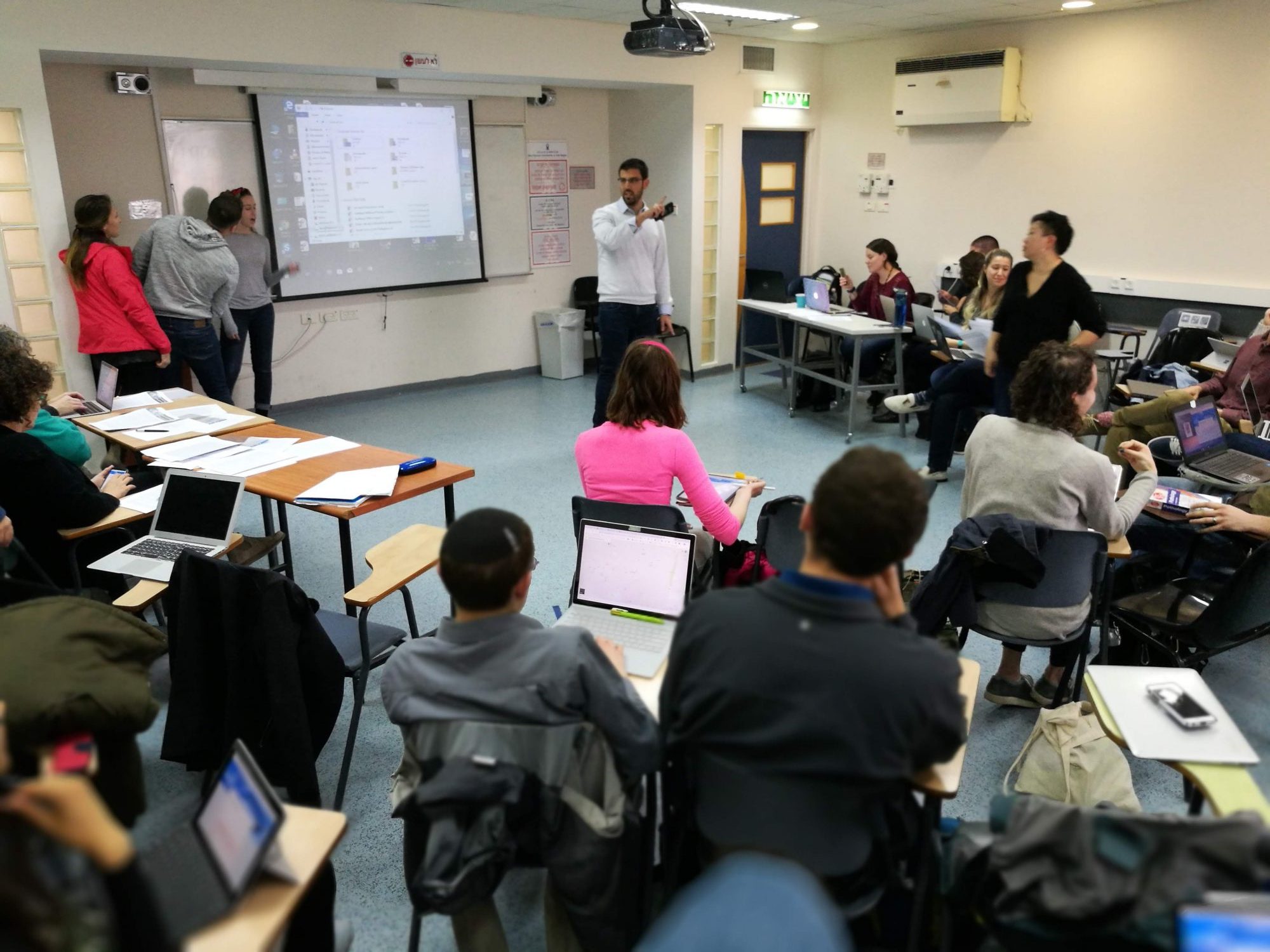For three consecutive years, as the climax to their Introduction to Global Health course, first year students enter “The Big Pitch.” Teams present Global Health proposals showing how they’d effectively utilize a $25 million donation. The idea is modeled on an Emory University School of Public Health concept; students study an assigned country, identify a problem, and make an intervention pitch to alleviate a serious health issue in that country.
At the direction of the professors, Dr. Anat Rosenthal, Dr. Mark Katz, and Dan Weksler-Derri, students are split into random groups – to distance them from friends and comfort zones. They study their country, identify an issue, and come up with their solution. They then present their idea to a panel of experienced Global Health Physicians, as well as classmates and invited guests.
This year, seven presentations were made:
- Steps Towards Tackling Childhood Obesity in Mexico
- Improving breast cancer awareness in the Philippines
- Preventing Chronic Obstructive Pulmonary Disease (COPD) in Nepal
- Addressing the increased prevalence of female mortality due to diarrheal diseases in rural western India
- Changing health, one cigarette at a time – Sri Lanka
- Reducing AIDS in Peru
- Noma Prevention and Eradication Strategy in Ethiopian Children
Each judge had to rate the presentations according to set criteria, ranging from how well the team described the problem and its causes, to how their idea would help, and the limitations they foresee. Systems for measuring outcomes was also a crucial element, as well as a general budget showing how their $25m would be spent.
In the three years we’ve been doing the Big Pitch, says Anat Rosenthal, “we’ve distributed an imaginary $75 million!”
This year’s winner was the team from Mexico who proposed outfitting a group of 100,000 children from five Mexican school districts with Xiaomi Mi Band 3 fitness watches, while building a program to allow the kids and their parents to track the childrens’ health. The program would be combined with tax benefits for participating parents, so incentivizing them to participate.


